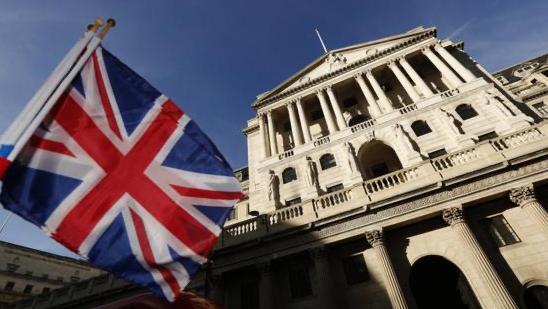
Recently, UK Chancellor of the Exchequer Rachel Reeves delivered a speech at the Labour Party's annual conference, outlining the challenges facing the UK economy and the government’s plans to address these issues. Although she did not provide specific details about potential tax increases or spending cuts in the upcoming budget, she emphasized that the government would focus on "reviving" the economy, particularly addressing the long-standing problem of youth unemployment.
Focus on Youth Employment
In her speech, Rachel Reeves highlighted that one of her primary policy goals is to help young people secure paid work. She announced a plan called the "Youth Guarantee," aimed at providing paid work opportunities for young people who have been unemployed for over 18 months. This initiative not only offers practical experience but also helps young people acquire new skills, which are essential for the country’s economic recovery.
Specifically, Reeves promised that the government would guarantee university places for young people wishing to further their education, or provide apprenticeship training to help them acquire key skills vital for the country's rebuilding. Additionally, she proposed that the government would offer one-on-one employment support to ensure that young people successfully transition into the workforce. These measures aim to address the persistently high levels of youth unemployment.
Fiscal Challenges and Public Concerns
Despite the positive news for young people, Reeves' speech did not allay public concerns about the need for tax hikes to fill the growing fiscal gap. With global economic uncertainty increasing, the UK’s finances are under significant strain, particularly with high welfare and public service expenditures, while tax revenues and economic growth are declining, and borrowing costs are rising. Economists estimate that the Chancellor may need to raise an additional £50 billion (approximately $67.16 billion) to plug the expanding budget deficit.
Reeves made some spending commitments last year, but with the worsening fiscal situation, particularly the added pressure from corporate taxes and national insurance, many are concerned that she may have to go back on some of those promises. Last year, she implemented a $40 billion tax overhaul, which significantly impacted businesses and employers by raising the minimum wage and national insurance contributions. Although she promised not to impose further burdens on businesses, the government now faces huge economic and fiscal challenges, making tax hikes more likely.
Budget Dilemmas and Market Reaction
Another challenge for the Chancellor is how to balance public spending with revenue. To address this issue, Reeves may have to break some of her previous promises, including extending the freeze on income tax thresholds. Although the Labour Party had previously promised not to increase VAT (the tax applied to most goods and services), Reeves, acknowledging that "the world has changed," said she could not guarantee that no new tax measures would be taken.
The market reacted strongly to these remarks. Nigel Green, CEO of the financial consulting firm deVere Group, commented that Reeves is under significant pressure and will have to find a balance between public demand and market discipline. Given that UK bond yields are at high levels and the deficit is growing, the Treasury may be forced to raise taxes to ensure fiscal stability.
Difficult Choices Ahead
Reeves mentioned that the UK will face even more tests in the coming months. With the changing global economic landscape, particularly in light of trade tariffs and ongoing geopolitical conflicts, the Chancellor's options will become even more difficult. While she is confident that economic recovery is possible, finding ways to fill the fiscal gap without further burdening the public will remain a significant challenge.
In summary, Rachel Reeves' speech underscored her commitment to economic recovery, especially in addressing youth unemployment. However, as fiscal challenges mount, she may have to adopt more aggressive tax policies, which will undoubtedly affect businesses and workers in the UK. In the coming months, the direction of fiscal policy will directly impact the UK's economic recovery and the living standards of its people.

Driven by the Trump administration's push to relax financial regulations and the recovery of investment banking business, the market value of the six major banks in the United States has cumulatively increased by approximately 600 billion US dollars by 2025.
Driven by the Trump administration's push to relax financia…
On Christmas evening, U.S. President Trump posted on social…
According to multiple foreign media reports, the recent fin…
The middle class, once regarded as the cornerstone of Ameri…
On December 19th local time, the US military launched a lar…
The Boxing Day sunshine should have cast a false glow of pr…